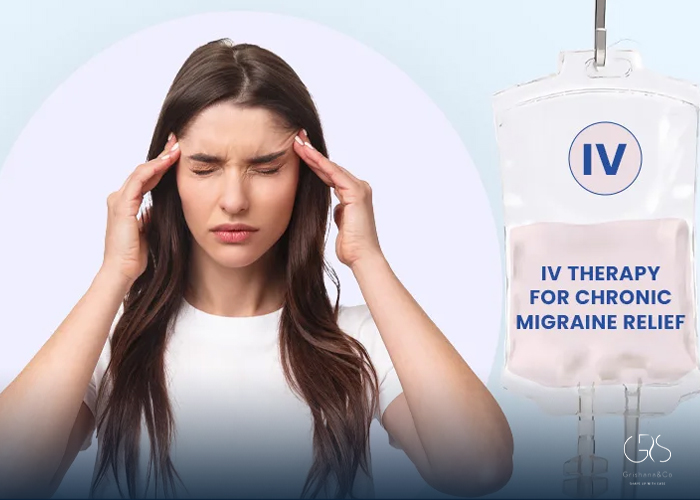In a fast-paced world filled with stress, anxiety, and the constant buzz of technology, it’s no wonder that many individuals struggle with sleep issues. The search for effective solutions to promote better sleep has led to the rise in popularity of alternative treatments, such as IV therapy. Intravenous (IV) therapy, typically known for its use in medical settings for rehydration or delivering medication, is now being explored for its potential benefits in regulating and improving sleep quality.
Understanding IV Therapy for Sleep Regulation
IV therapy for sleep regulation involves the infusion of a cocktail of vitamins, minerals, and other nutrients directly into the bloodstream. This method bypasses the digestive system, allowing for quick absorption and delivery of essential nutrients to support various bodily functions, including the sleep-wake cycle. Components commonly included in IV therapy for sleep may include magnesium, melatonin, B vitamins, and amino acids, all of which play a role in promoting relaxation, reducing stress, and enhancing sleep quality .

The Science Behind IV Therapy for Sleep Improvement
Research has shown that certain nutrients used in IV therapy can influence neurotransmitters and hormones involved in sleep regulation. For example, magnesium has been linked to relaxation and improved sleep quality, while melatonin is known for its role in regulating the sleep-wake cycle. By providing these nutrients intravenously, the body can potentially achieve higher levels than through oral supplementation, leading to more pronounced effects on sleep.

Benefits of IV Therapy for Sleep
IV therapy for sleep regulation and improvement offers several potential benefits, including:
Faster onset of action compared to oral supplements
Customized formulations to address individual sleep issues
Improved nutrient absorption for enhanced results
Potential reduction in sleep disturbances and insomnia symptoms
Considering the Evidence: Statistics on IV Therapy and Sleep
Research on the specific effects of IV therapy on sleep regulation is an evolving field. However, preliminary studies have shown promising results. A survey conducted by the National Sleep Foundation found that 31% of respondents reported using alternative therapies, including IV therapy, to address their sleep concerns[3]. While more extensive clinical trials are needed, these initial findings suggest a growing interest in non-pharmacological approaches to sleep improvement, including IV therapy.
Conclusion
IV therapy for sleep regulation and improvement is a promising avenue for individuals seeking alternative ways to address sleep issues. By harnessing the power of essential nutrients delivered directly into the bloodstream, IV therapy has the potential to support the body’s natural sleep processes and promote better sleep quality. As with any treatment approach, it is crucial to consult with healthcare professionals and consider individual needs and preferences when exploring IV therapy for sleep.
Sources
- National Sleep Foundation, Sleep Better, For the Journey Ahead
- PubMed Central (PMC, The Effects of Magnesium Supplementation on Subjective Anxiety and Stress—A Systematic Review
- National Institutes of Health (NIH), Melatonin for the Treatment of Insomnia
- Centers for Disease Control and Prevention, Sleep










